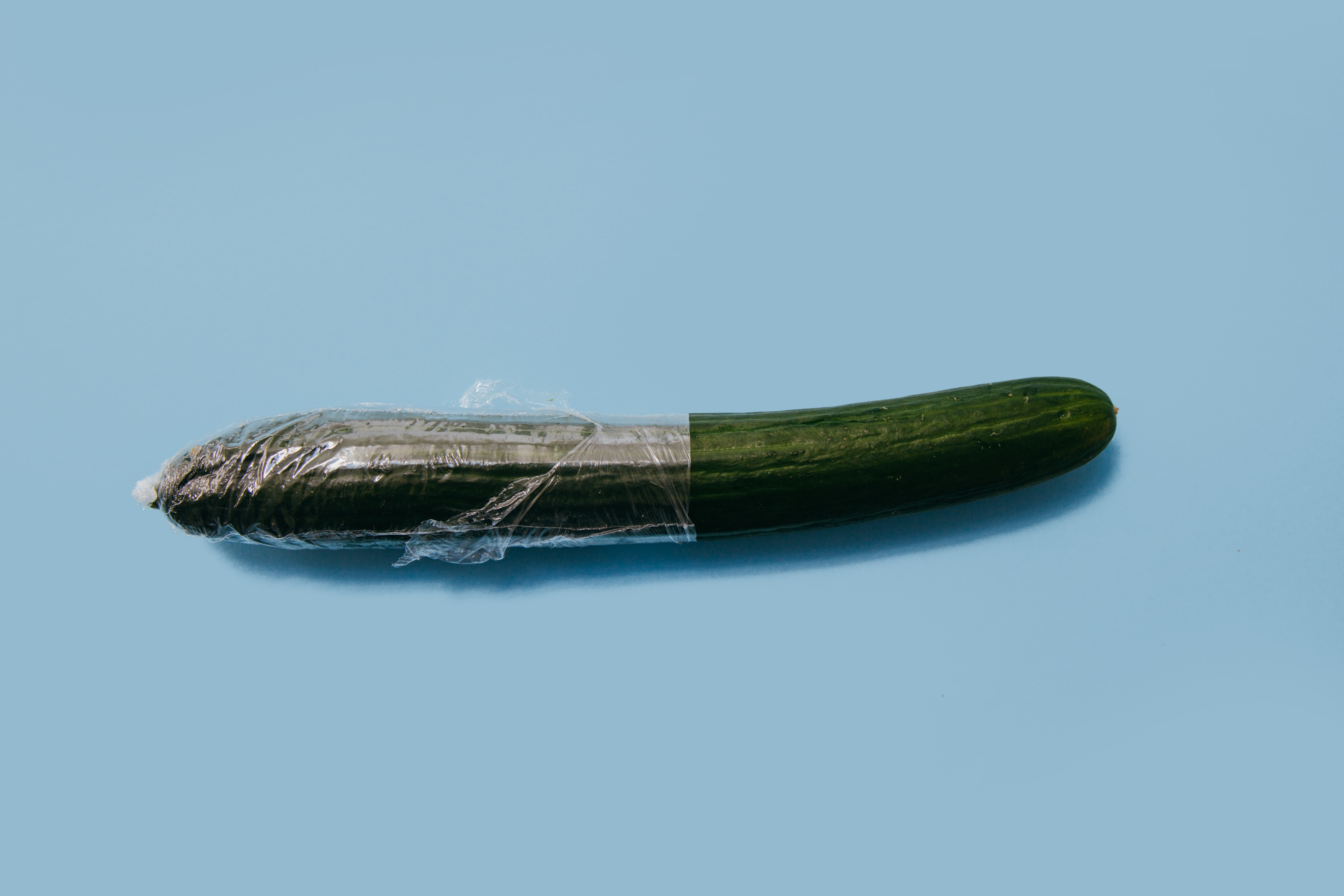When storing produce, there are a number of factors that you have to take into consideration. For example, if a certain fruit isn’t ripe, you have to figure out whether to ripen it on the counter or refrigerate it. Certain foods release ethylene gas as they ripen. Therefore, you need to keep those separate from other produce. It’s really a tricky thing.
Storing Produce with Sensitivity to Moisture Loss
One of the things that you might not even have thought about before is that certain fruits and vegetables are very sensitive to moisture loss. Therefore, if you don’t store them properly, they start to lose water content. As a result, they spoil very quickly. If you want to make your produce last longer, then it’s important to be aware of things like that. After all, food that goes bad quickly is just a waste of your money.
How to Store Food with Moisture in Mind
Storing produce that is sensitive to moisture loss isn’t really very difficult. There are two core options:
- Wrap the produce securely. For example, place cling wrap around each individual item to prevent moisture loss.
- Store the produce in sealed containers. Purchase reusable containers that keep the air out and the moisture in.
Additionally, make sure that you understand how to use your refrigerator’s drawers for properly storing produce. Produce sensitive to moisture loss should always go in the high humidity storage drawer in your refrigerator.
If you take care in properly storing produce to prevent moisture loss then you’ll easily be able to make the most of all of your fruits and vegetables.
30 Fruits and Vegetables with Moisture Loss Sensitivity
Are you wondering which produce to store in this careful way? Here are thirty fruits and vegetables that are sensitive to moisture loss and therefore should be stored accordingly:
- Artichokes
- Asparagus
- Beets
- Bok Choy
- Broccoli
- Brussels Sprouts
- Cabbage
- Carrots
- Cauliflower
- Celery
- Chard
- Collard Greens
- Cucumbers
- Eggplant
- Fennel
- Fresh Beans
- Fresh Herbs (note that basil should be stored differently from the others, on the counter in a vase like cut flowers)
- Green Onions
- Kale
- Kohlrabi
- Leeks
- Lettuc
- Peas
- Peppers
- Radishes
- Romanesco
- Spinach
- Sprouts
- Summer Squash
- Turnips
Some of these foods have their own unique storage methods that will make them last longer. For example, instead of wrapping or sealing your asparagus, try storing the stalks upright in a vase of cold water on your refrigerator shelf.
If you find that you’re having trouble keeping any of these moisture-rich fruits and vegetables ripe then do some research into the individual item to see if there’s a better storage method.
Make Sure to Remove the Greens Before Storing
Many of the vegetables on this list have greens attached to them. Before you wrap or seal these these items for storage, it’s important to remove those greens. For example, make sure to remove greens off of beets, carrots, fennel, kohlrabi, radishes, and turnips. Use the greens or discard them immediately. Then use the tips above for storing produce to reduce moisture loss.
Read More:
- August Seasonal Produce: What Foods to Buy at Summer’s End
- Produce Storage: 12 Foods to Ripen on the Counter then Refrigerate
- 4 Tips to Save Money on Produce
Source: Farm Fresh To You Newsletter


